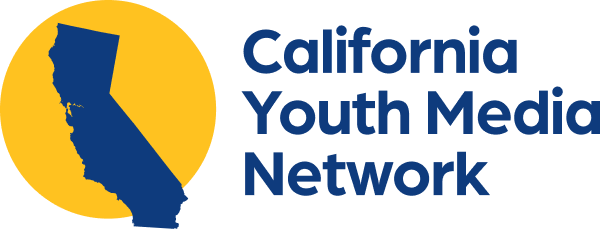Op-Ed: Liberty vs. Anatomy
With women’s rights issues being heavily debated, casting a ballot could be the difference between healthcare options and prosecution.
On June 22, 2022, the Supreme Court of the United States overturned two previous rulings, effectively ending federal protection for abortion. There was turmoil in the aftermath of the Dobbs v. Jackson Women's Health Organization case. Since 2022, my peers and I have been hyper-aware of the Supreme Court’s presence in our lives. Most recently, Alabama’s Supreme Court ruling that frozen embryos are legally children has caused me to look at the big picture. These rulings are not isolated. They are part of a concerted movement of far-right conservatives and religious fundamentalists. To be anti-abortion is to be anti “a woman’s right to bodily autonomy.” What happens in Washington can feel removed from the average person, but there is more to lose than abortion. The 2024 election will have massive implications for how closely women’s rights are equated with human rights.
The Alabama Supreme Court ruling allows fertility clinics to be sued for the wrongful death of a minor if eggs are lost or destroyed. This is not a direct declaration of fetal personhood, but it is part of a growing movement across states to increase fetal protections in law. Many Republican leaders are calling for a federal abortion ban. As the Republican frontrunner, former president Donald Trump could support this issue. Trump is known to waiver on key issues. In 1999, he was “very pro-choice,” in 2023, he said he is “the most pro-life president.” Today, he takes credit for appointing the justices who pushed it back to the states. A federal abortion ban is plausible, given we don’t know how the 2024 election will turn out. National politics is about big swings, but the people whose bodies are being policed can push that pendulum.
Grassroots change has an impact. In 2022, California enacted AB 367, The Menstrual Equity for All Act, putting free menstrual products in all California public schools. In 2020, Senate Bill 973 passed, requiring employers to report their pay data to the California Civil Rights Department to monitor compliance with anti-pay gap laws. There is still a pay gap in California, and there is still the pink tax and unequal access to menstrual products. But bills like this matter. Decades ago, no-fault divorce was another massive advancement for human rights. Instead of having to prove abuse or adultery, couples can simply dissolve a union, an all-around more painless option. There is a growing wave of conservative pundits and leadership who vocally support the dissolution of no-fault divorce. Speaker of the House Mike Johnson and commentators like Matt Walsh support the end of no-fault divorce, and even the Nebraska and Texas Republican Parties have made the limitation or disillusionment of no-fault divorce part of their platforms. They claim it threatens the sanctity of marriage, while in reality, it is an invaluable protection for people, especially women, trapped in abusive relationships. Now is the time to be vigilant about the implications of each bill and measure.
I could come off as self-important by ending the article telling people to vote. The sentiment would come from a first-year college student who barely managed to get her ballot in on time. But I want to stress how many races aside from the presidency are important and possibly even close enough to impact a state or county-wide coalition. For this article, I will focus on the political races between male and female candidates. The specific races I look at will have a male candidate who is less likely to support abortion given party affiliation and is ahead of the female candidate.
Photo by Michelle Ding on Unsplash
All 52 of California’s House seats are up for election in the 2024 general election. Partisanship in the House of Representatives could change this election cycle, so for more information on all of California’s races, check out this Ballotpedia page. The 3rd Congressional District race is currently fairly close, leaning Republican, with Jessica Morse (D) up against Kevin Kiley (R). Looking at the California State Assembly races, Porsche Middleton (D) is not far behind Josh Hoover (R), the incumbent in District 7. The District 47 race is even closer between Greg Wallis (R) and Christy Holstege (D). For information on California State Senate races, see this Ballotpedia page. I am not under the impression that any of these elections will change the course of the women’s rights movement, but the more our representatives reflect the population, the better they can serve as advocates.
In this time of fear and confusion, I am constantly amazed by the resilience and humor of the women around me. The overturning of Roe v. Wade is brought up in the podcasts I listen to, makeup vlogs I watch, and dinner conversations with my friends. The worst thing we can do now is ignore politics. Protections can always be expanded, and until women’s rights are treated as human rights, women are not equal. To locate your state representatives, you can visit this website. While supporting advocacy nonprofits through donations is beneficial, it's essential to recognize that there are other impactful ways to make a difference. Local, state and national politics can leave us grasping at unrealistic solutions, so maybe the change starts at home.


